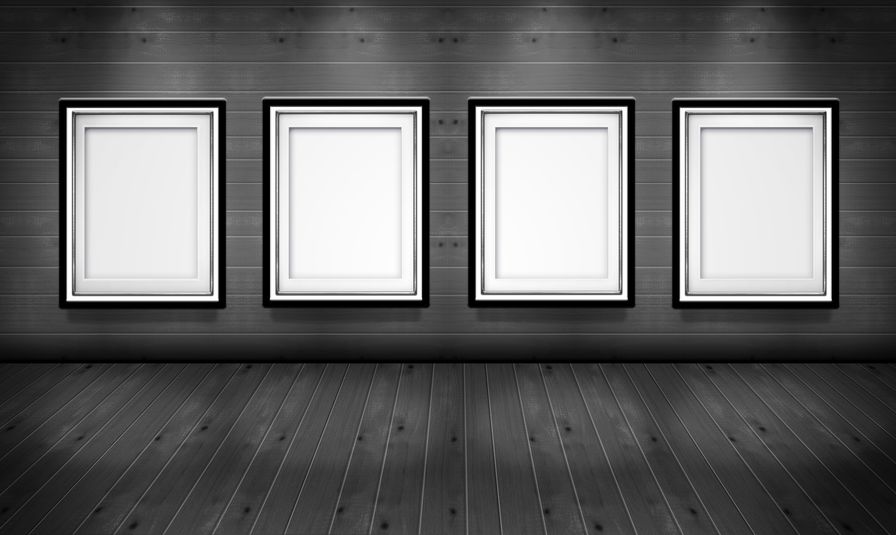Fine Art Photography Program
$2,495.00

The Fine Art Photography Program is a study that teaches you to be creative.
The Fine Art Photography Program is a focused and intensive photography course that provides photo students the opportunity for an in-depth exploration of their creative process and photographic interests. The course is structured around independently produced, theme-based photographic projects, as well as group critiques and portfolio production. Students work toward a focused, cohesive and highly crafted photographic portfolio suitable for exhibition, juried competitions and professional and college applications. The course concludes with students producing a final print portfolio and printing, mounting and hanging a showcase exhibition in December. Photographic processes include advanced digital image manipulation, large-format inkjet printing, alternative photographic methods and presentation techniques. Students will produce photographic projects based on themes such as documentary, still-life, portraiture, story-telling, abstract and photo-essay.
COURSE DESCRIPTION
This course is designed to better familiarize students with the process of visual art-making; exploring and expressing the self through imagery. Readings on a variety of sociological, political and aesthetic topics will inspire classroom discussion while challenging each student to develop an individual and informed point of view. Meanwhile, a series of studio assignments will provide opportunities to hone conceptual problem-solving skills and explore various image-making techniques. Critiques of student work and the work of contemporary artists will help students refine their critical abilities and better understand the fine art process. Continued readings and discussions on various cultural and aesthetic topics will provide the context for each student’s individual creative explorations. Critiques will focus on the quality of the imagery, the intellectual framing of the theme and the overall development of an informed and relevant body of work.
TOPICS COVERED
- Decorator, gallery, museum, definitions
- Discussions of thematic concepts, the introduction of storyboard techniques, organic creativity
- Visits to Galleries
- Concepts/influences/approaches/research
- Learn methods/techniques/workflow
- Presentation
- Image branding
- Review on students work
SCHEDULE
Week 1
- Class Intro; What is Art?; crafting an idea; definitions and understanding gallery, museum, decorator.
- Discussions of individual concepts, gallery and artist report assignments/discussions of thematic concepts; introduction of storyboard techniques, organic creativity, and students review past works from previous students.
- Study of Fahey / Klein art and interviews.
Week 2
- Discuss each student’s gallery & artist report presenting the first theme and concept images.
- Introduction to techniques, organic creativity, and review of past students’ work.
Week 3
- Students learn the methods, techniques and workflow necessary to develop an audience for their work. They explore gallery presentation methods, online presentations, and image-branding programs for fine art success/web design options.
- Guest Lecturer, student presentation of images and concepts/post-production techniques/image review and final presentation discussions/scheduled one-on-one Instructor time.
Week 4
- Gallery show design and presentation.
- Guest lecturer, student presentation of images and concepts/image review, and final presentation discussions, scheduled one-on-one instructor time.
- Group image review and discussions on final presentation/ scheduled one-on-one instructor time/image review.
Week 5
- Group image review and discussions on final presentation/ scheduled one-on-one instructor time/image review.
- Gallery prep/refinement of final images.
- Hanging and final prep of show displaying student’s work.
Week 6
- Opening Night!
MATERIALS NEEDED
- Digital Single Lens Reflex camera (DSLR) with kit lens (18-55mm is typical, additional lenses are recommended) – with manual and battery
- SD memory cards for your camera (at least two 16GB recommended)
- USB flash drive of 16GB, 32GB, or higher (500GB external hard drive recommended
- Typical presentation supplies might include: Two boxes of Epson Ultra Premium Photo
- Paper (Lustre or Matte), one small box size: 5×11 or 11.7×16.5, and one large box size: 13×19 or 17×22.
- Students will create a final photo portfolio. Portfolios will require a written artist statement in addition to other assigned parameters.
QUALIFICATIONS
- Intermediate to Advanced
INSTRUCTOR
Tim Meyer
All of our standard Policies apply.